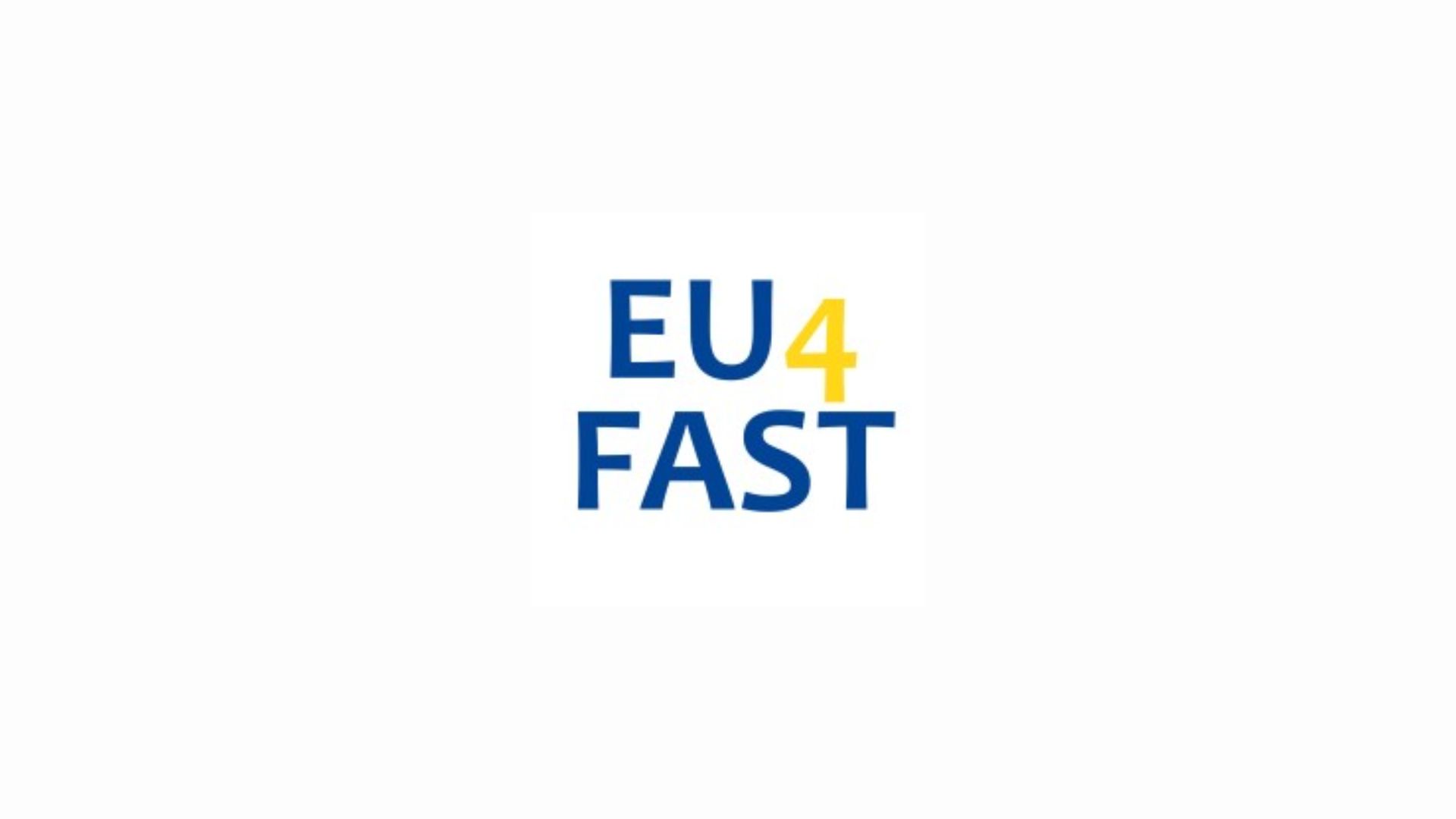 All projects
All projects
TMT Access to justice: Female Judiciary Training in MENA region


Project details



Budget

Project team
In recent years, Yemen, Egypt and Jordan have demonstrated notable commitment to gender equality and women’s empowerment. All countries have made progress in both increasing women’s representation in the judiciary and increasing access to justice for female citizens. In the pursuit of advancing gender equality and women’s empowerment, CILC is implementing this project for female judges in Yemen, Egypt and Jordan as part of Shiraka. Shiraka, a Netherlands-MENA Partnership, is a Dutch bilateral effort that supports sustainable democratic transition in the MENA region (Middle East and North Africa). Shiraka was launched in 2016 by the Ministry of Foreign Affairs as a successor to the Matra South Programme.
The program aims to improve the knowledge, skills, networks and capabilities of female judges Yemen, Egypt and Jordan by sharing knowledge, experiences and expertise on various judicial and leadership topics. It further intends to increase access to justice for women in the respective societies as well as positively impact women’s abilities and efficiency at work, thereby increasing the capacity to create opportunities for women to join the judiciary in the future. Lastly, the project intends to strengthen participants’ ties with the Netherlands and the Dutch government.
Under this project, three training programmes will be organized: tailor-made training for female Yemeni judges; training-of-trainers (ToT) on female leadership with judges from Yemen and Jordan; and training on communicating with the public for judges from the MENA region.
Other activities will focus on increased awareness and access to justice for female citizens and marginalised groups in Yemen and Egypt and strengthening of local and international networks.




